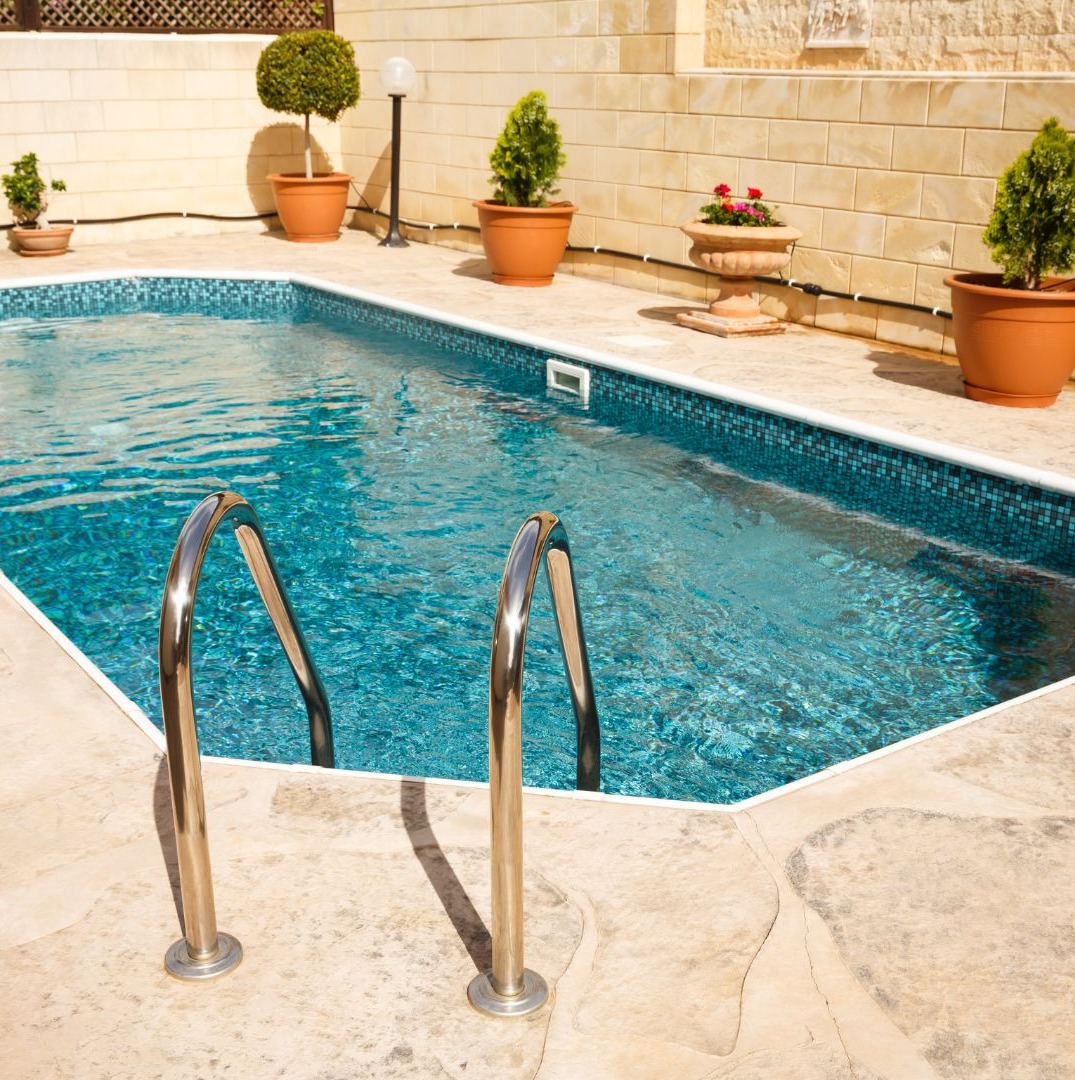
2024-02-21T13:33:43
An ideal filtration system for a swimming pool should effectively remove impurities and debris from the water, ensuring it remains clean, clear, and safe for swimming. Here are the key components of an ideal swimming pool filtration system: Filter: The filter is the heart of the filtration system and is responsible for trapping debris, dirt, and other particles from the water. There are three main types of pool filters: Sand Filter: Sand filters use a bed of fine sand to trap particles from the water as it passes through. They are cost-effective and relatively low maintenance, requiring backwashing to clean the sand periodically. Cartridge Filter: Cartridge filters contain pleated filter cartridges that trap debris as water passes through. They offer excellent filtration and are easy to maintain, requiring occasional cleaning by removing and rinsing the cartridges. Pump: The pump is responsible for circulating water through the filtration system. It draws water from the pool, passes it through the filter, and then returns it to the pool. Choose a pump that is appropriately sized for your pool's volume and filtration system to ensure adequate circulation and filtration. Skimmer: Skimmers are installed at the water's surface and are designed to collect leaves, insects, and other floating debris before it sinks to the bottom of the pool. They typically contain baskets or nets that can be easily emptied as needed. Main Drain: The main drain is located at the bottom of the pool and helps to draw water into the filtration system. It also facilitates circulation and ensures that water from all areas of the pool is filtered. Secondary Filtration: In addition to the primary filter, consider incorporating secondary filtration systems such as UV sterilizers or ozonators. These systems can help to kill bacteria, viruses, and algae, further improving water quality and reducing the need for chemical sanitizers. Automation: Consider installing an automated control system to manage and monitor your pool's filtration system, including pump operation, filter backwashing, and chemical dosing. Automation can help optimize system performance and simplify maintenance tasks. Regular Maintenance: Proper maintenance is essential for ensuring the effectiveness of your filtration system. This includes regular cleaning of filters, skimmer baskets, and pump strainers, as well as monitoring water chemistry and adjusting chemical levels as needed. By selecting the appropriate components and maintaining a regular maintenance schedule, you can ensure that your swimming pool filtration system effectively removes impurities and debris, providing clean, clear, and safe water for swimming.

Have a question? Ask here!
Required fields are marked *